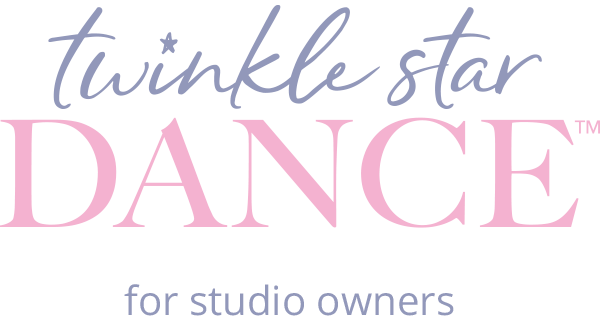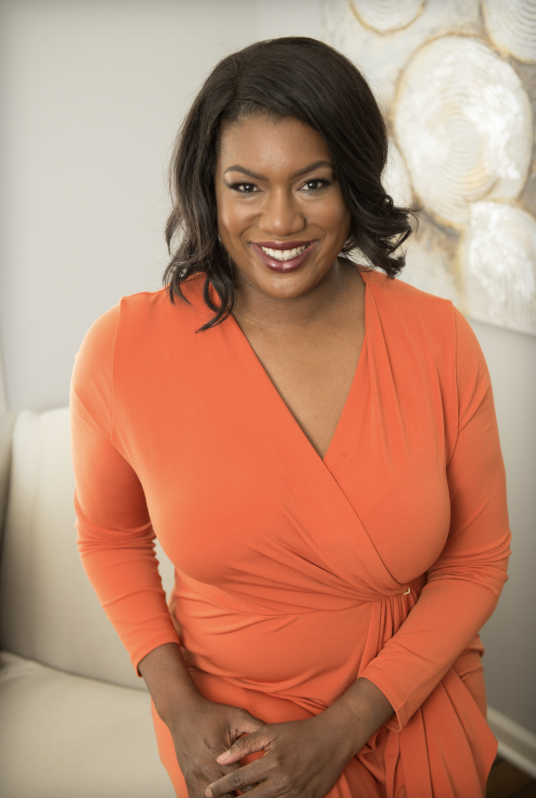In the fast-paced and ever-evolving world of dance, staying current isn’t a luxury—it’s a necessity. For studio owners and dance educators, the commitment to ongoing education and teacher training is not just about refining technique. It's a powerful investment in the overall health and growth of your studio, your team, and your dancers.
Here’s why continuing education should be a core pillar of your studio’s culture—and how everyone benefits.
1. Elevating the Teacher: Confidence, Credibility, and Creativity
Great teachers never stop learning. Whether it's mastering new styles, understanding child development, or staying current with injury prevention practices, continuing education keeps instructors sharp and inspired.
Benefits for the teacher:
Increased Confidence: With updated knowledge and tools, instructors feel more equipped to handle a wide range of student needs and classroom situations.
Professional Credibility: Teachers who pursue certifications and attend workshops stand out as committed professionals, earning trust from students and parents alike.
Renewed Creativity: Exposure to fresh techniques, music, and teaching methods reinvigorates lesson planning and choreography, helping prevent burnout.
2. Strengthening the Studio: Reputation, Retention, and Revenue
For studio owners, investing in teacher development sends a clear message: this is a place where mastery matters. It’s a smart strategy for building a strong, sustainable business.
Benefits for the studio:
Enhanced Reputation: Studios known for highly trained, passionate instructors attract and retain more families.
Staff Retention: Offering professional development shows your team that you value their growth, fostering loyalty and reducing turnover.
Financial Growth: Better-trained teachers create more engaging classes, leading to higher student retention, increased enrollment, and greater word-of-mouth referrals.
3. Empowering the Dancer: Technique, Safety, and Inspiration
At the heart of every studio is the student. When teachers are well-trained and up-to-date, students benefit in every way—on and off the dance floor.
Benefits for dancers:
Stronger Technique: Teachers with current training can better identify and correct weaknesses, leading to more technically sound dancers.
Injury Prevention: Understanding anatomy, proper alignment, and safe progression is critical to keeping dancers healthy and in class.
Deeper Motivation: Students thrive when taught by passionate, knowledgeable instructors who challenge and inspire them.
Creating a Culture of Growth
Making professional development a priority doesn’t have to be overwhelming. Here are a few simple ways to start:
Offer stipends or reimbursements for workshops and certifications.
Host in-studio training sessions or bring in guest educators.
Encourage staff to attend conferences like Pinnacle Dance Conference and Retreat.
Subscribe to reputable dance education platforms and journals.
Set annual goals for team-wide training and personal development.

